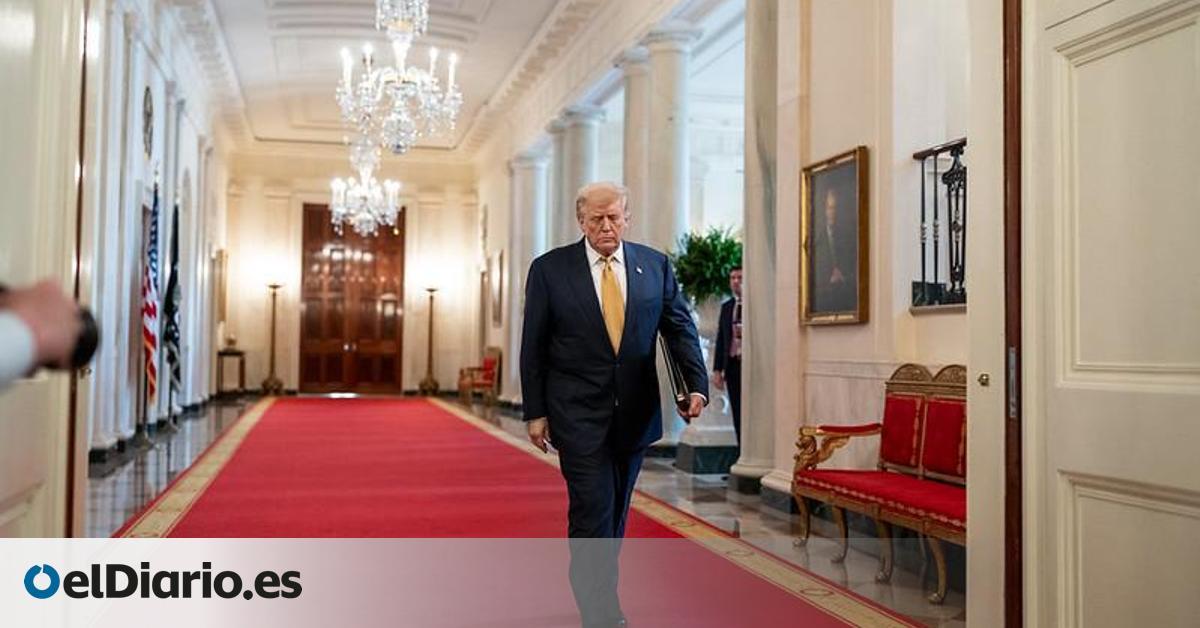
Donald Trump again recounts in his tariff war. The White House posts 90 days the deadline to negotiate with China the taxes to its imports, which expired on Tuesday, August 12.
As confirmed by US government sources to Reuters, the President has already signed the executive order that makes that new extra term official. With this, Washington gives a little more air to his negotiating team and Beijing to reach a new commercial agreement just before the deadline imposed by Trump himself expired last May, when the United States announced a 90 -day truce that expired now.
With this new extension of the term, tariffs on Chinese imports will continue to be those of 30% agreed during meetings held during the last spring in Switzerland. The current 30% comes from 10%, Tax base, plus 20% that Trump applied to Beijing in his fight against the entry of fentanyl.
The current pause allows us to avoid the commercial war that Trump climbed up to 145% taxes to Chinese products when Beijing did not turn his arm in April and responded with tariffs for American products. The figure established by the Chinese was 125%.
The extension arrives after this Monday transcended that the American technological giants Nvidia and AMD are going to pay the US government 15% of their income from the sale of chips for AI to China in exchange for obtaining Trump’s approval to export those products.
The new deadline to definitively set tariffs for the Asian giant would be thus in November, while in the case of Mexico it expires in October. Both countries are one of the few exceptions that there has been after the Trump global tariffs went into force: both those that had been negotiated before the deadline (as 15% to the EU) and the unilateral (it is the case of 25% to India, which has already climbed to 50%).
The reason why both China and Mexico seem to be enjoying special treatment by Washington is that imports to their imports can have a great impact on the US economy.
China tariffs are among the levies that have most worried markets and especially the large US companies, such as Walmart and Target. At the time, the representatives of the companies warned the president that the taxes on Chinese imports would imply a price increases in their products. Something that would impact directly on consumers.
The effects of tariffs that are already in force since the beginning of the year already appear their heads in some of the economic macroindicators of the US economy, such as inflation, which has already been perched to 2.7%. The rhythm of consumer spending has also begun to cool. The Morgan Stanley Investment Bank estimates that the growth of consumer spending will be reduced from 5.7% of 2024, to 3.7% in 2025.
Source: www.eldiario.es

